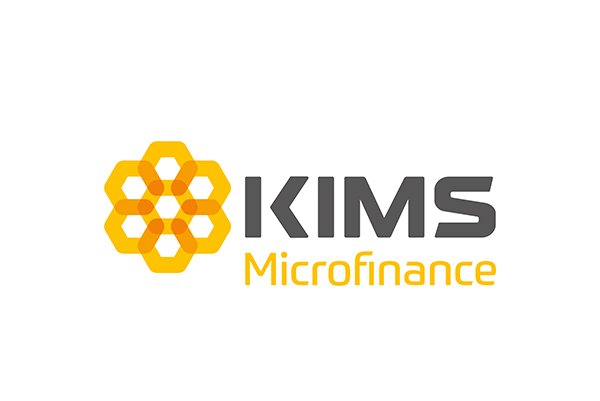Kaah International Microfinance Services (KIMS)
Kaah International Microfinance Services (KIMS)
Providing Islamic Sharia-compliant microfinance services in Somalia to low-income women and youth
BCTA MEMBERSHIP STATUS
Active
SECTOR
Financial Services
HEADQUARTERS
Somalia
REGION OF INITIATIVE
Africa
SDG CONTRIBUTION
The Impact Goal
Kaah International Microfinance Services (KIMS) joined Business Call to Action (BCtA) in 2021 with a commitment to contribute to poverty alleviation by providing increased access to financial services to 70,000 people, 35,000 of whom are women. The company has also committed to disburse loans worth USD 70 million by 2026, creating over 80,000 jobs while expanding rural outreach to 40% and providing business and financial literacy courses to all clients.
KIMS’ mission is to contribute to the economic and social development of Somalis by providing high-quality diversified microfinance services, offering savings, financing of small and micro-enterprises and embracing Islamic Sharia principles, while continuing to occupy a pioneering position in the financial sector. KIMS combines competitive returns to investors with cost-efficient, professional supplementary services that maximize the social impact of access to finance.
The Market Gap
After two decades of brutal civil war in Somalia, local institutions were destroyed, and the lack of a formal financial sector leaves Somalis dependent on remittance companies. As result, only 15% of Somalis, aged 15 and above hold an account in a financial institution, which is very low compared to the regional average of 29%.
Historically, Microfinance in Somalia was conducted through charitable organisations and had a weak system of payment recovery, with such funding considered as “free money” with little motivation to pay it back.
The financial market in Somalia is at its nascent stage with only seven banks and three microfinance institutions currently operating, with a major part of the market not yet captured. At the same time, access to capital is one of the main constraints for development of micro and small enterprises (MSEs). According to estimations, less than 5% of MSEs’ financial needs are met and around 2 million MSEs are potential clients for microcredit organizations, based on KIMS Microfinance Market Study in 2014.
The Business Solution
KIMS proposes an innovative model of microfinance, where low income, but economically active Somalis are targeted, including MSEs and traders in urban and peri-urban regions. The proposed solution is based on an Islamic financial model – a set of ethical principles promoting fair and equitable services.
KIMS’ model aims to create a commercially viable, social impact driven operation that finances low income and historically excluded groups while sustainably growing to maximize its reach. Individuals from rural areas represent 10% of KIMS cumulative portfolio, of which 50% are women and 80% are from youth age groups (18-35 years old), creating over 15,000 jobs.
KIMS recognizes that supplementary non-financial support services combined with strong community outreach are essential elements that encourage repayment among its target groups of female, displaced, rural and youth Somalis. The organisation has provided financial literacy training to 5,000 borrowers and business skills training to over 1,000 youth clients, while all refugee returnee clients and IDPs have been provided with additional skills training relevant to the local labor market.
About KIMS: Established in 2013, KIMS is the Somali market leader in the provision of Sharia compliant Microfinance services. KIMS’ mission is to contribute to economic and social development for Somalis by providing high-quality diversified Microfinance services, offering savings, financing of small and micro-enterprises and embracing Islamic Sharia principles, while continuing to occupy a pioneering position in the financial sector. KIMS combines competitive returns to investors with cost efficient, professional supplementary services that maximize the social impact of access to finance.


